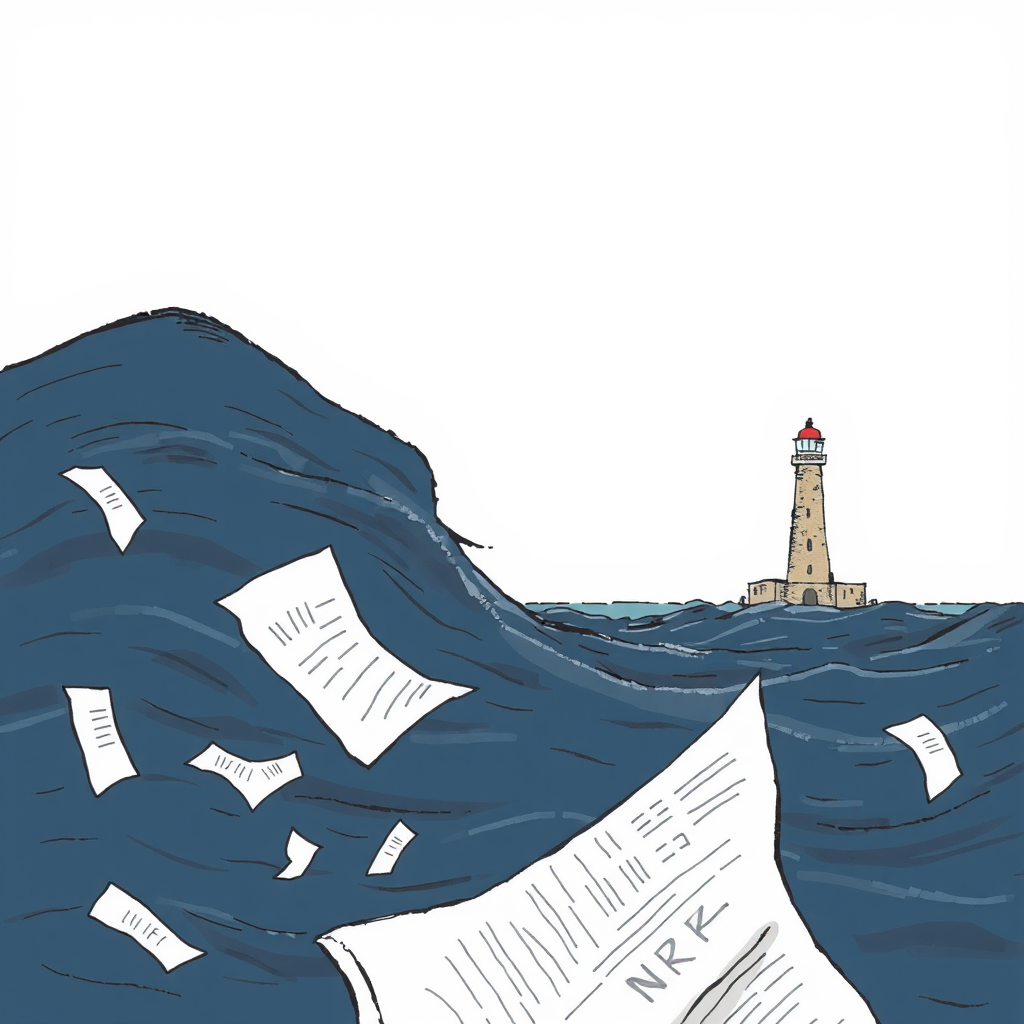Editorial Crisis: How NRK Navigated the Storm

Navigating an editorial crisis is a challenge few news organizations proactively prepare for, despite robust planning for physical threats and technical failures. This lack of foresight was painfully evident at Norway’s public broadcaster, NRK, following a documentary series that omitted crucial information about a subject’s past criminal activity. Vibeke Fürst Haugen, NRK’s Director General, describes the ensuing fallout as the most harrowing experience of her professional life, a sentiment echoed by many leaders facing public scrutiny in the age of instant information and eroding trust.
The incident, which led to the series’ removal from publication, highlighted a common, yet often inadequately addressed, vulnerability within newsrooms. While editorial errors and retractions are unfortunately frequent, a systematic approach to preventing such crises remains rare. NRK’s experience demonstrates that the problem isn’t necessarily avoiding mistakes – an impossible goal – but rather failing to learn from them and implement preventative measures.
The initial response to the omitted information was, understandably, reactive. Over 100 media inquiries flooded in, and NRK faced criticism not only for the initial error but also for the perceived slowness of its response. However, the organization distinguished itself by conducting a brutally honest postmortem assessment, sharing the findings openly to foster learning rather than assign blame.
This assessment led to the creation of four working groups focused on specific areas for improvement. Key initiatives included a “Red Trail” – a guide and toolkit to strengthen editorial standards – and a significant expansion of the central press ethics unit. Press ethics was elevated to a core competency across the entire organization, integrated into training programs and internal events. Importantly, NRK established a tiered crisis assessment system, allowing for early intervention – an “orange button” alert – before issues escalate to a full-blown “red alert.”
The NRK case is a valuable lesson for the industry. It’s a testament to the power of transparency and proactive planning. While the temptation after a crisis is to simply move on, the most effective response is to dissect the failures, implement changes, and share those learnings with the wider journalistic community. The goal shouldn’t be to eliminate mistakes, but to build a more resilient and ethically grounded news ecosystem. Fürst Haugen’s call to action – to embrace honest assessment and proactive improvement – is a vital message for an industry grappling with declining public trust and the ever-present threat of misinformation. It’s a reminder that ethical journalism isn’t just about reporting the truth, but also about how that truth is gathered, verified, and presented.